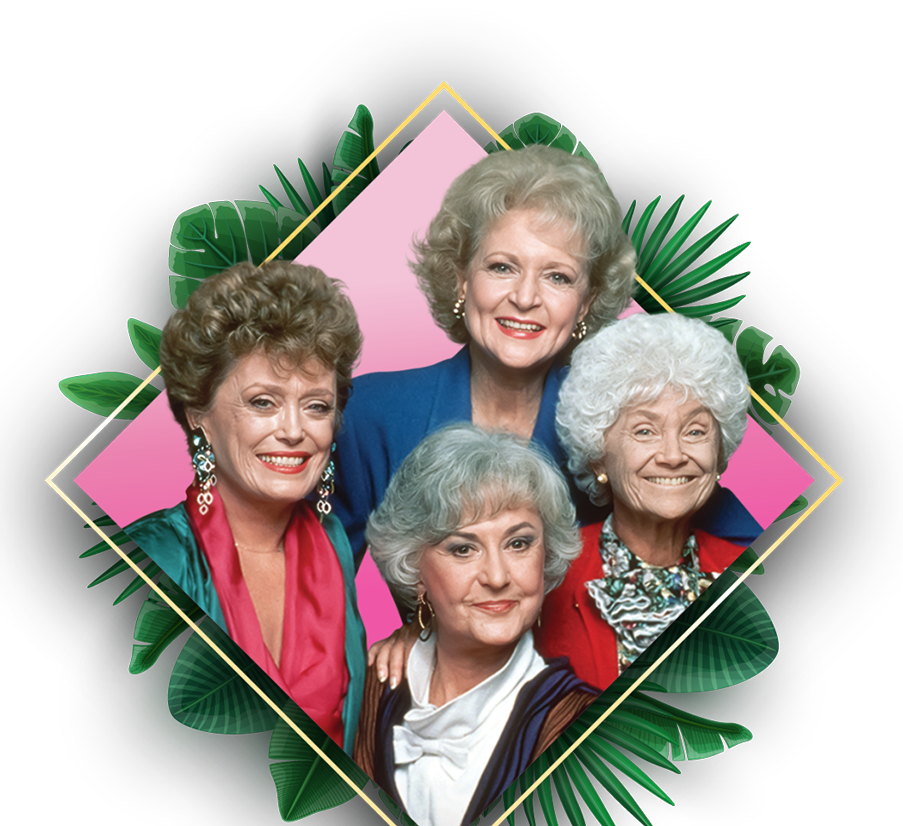This M*A*S*H episode came as a surprise for fans watching
"Abyssinia, Henry" was a serious episode for the comedy series.

The episode "Abyssinia, Henry" isn't what anyone ever would have expected from a comedy series. The memorable episode was the final episode of season three and aired in 1975.
M*A*S*H (1972) fans were both pleased and sad to hear the news that Col. Henry Blake, played by McLean Stevenson, had received discharge papers and was headed home to his wife and kids in the hit series.
It was a bittersweet goodbye for many fans, but the moment took a dark turn when Col. Henry Blake boarded a helicopter that was on a path to get him home.
After a long goodbye with all of our favorites in the 4077th, Radar O'Reilly, played by Gary Burghoff, approached the 4077th with some shocking news: Col. Blake's helicopter had been shot down over the Sea of Japan. There were no survivors.
And just like that, Col. Blake had been killed on his way home from war after spending years of his life being lucky enough to survive it.
Many of us needed to grab tissues for our tears, some of us may have been relieved, but mostly, M*A*S*H fans just wanted to know why.
The final scene of the episode featured a montage of past episodes featuring McLean Stevenson as Col. Henry Blake.
According to a 1975 interview with Austin American-Statesman, CBS and CBS affiliates received phone calls from shocked viewers asking if Col. Blake had really died.
Before the episode "Abyssinia, Henry," it was rare for a comedy series to feature the death of a character — especially one that rocked the country so hard.
The studios weren't the only ones who were getting calls from shocked fans; Producer Larry Gelbart had a number of calls about the script he helped write.
"I have to carefully explain that we didn't kill Mac Stevenson — who left the show of his own choice — we killed Henry Blake, who never existed anyway," Gelbart said.
But why kill Col. Henry Blake? Why not just send him home to his wife and kids (like many viewers wanted)?
"Because that happens," Gelbart said. "In war, people get killed. I think more men could understand it because of experiences with that, where a friend would go through the war without a scratch, and then get killed on his way home, or in a car crash two days after being discharged. It was a chance to show that not only faceless extras get killed in wars — that you could lose a close friend."
M*A*S*H was a new type of comedy-drama the country had not seen before and boy, we weren't ready for the type of waterworks the series would give us throughout the 11 seasons. The humor came from the people with personalities who are struggling to create a bearable, human life amid an unbearable war.
"The most rewarding thing about doing that script was that while TV can, it rarely tries to make you feel. And Tuesday night it did. I think that's something worth doing," Gelbart said.
In 1974, Stevenson left M*A*S*H to pursue his own show titled The McLean Stevenson Show. The series was short-lived and aired shortly after his M*A*S*H departure in 1976.
According to the interview, NBC offered him a great deal that he couldn't pass up at the time. Although Stevenson was ready to leave the hit series, he said that saying goodbye was never easy to do.







































